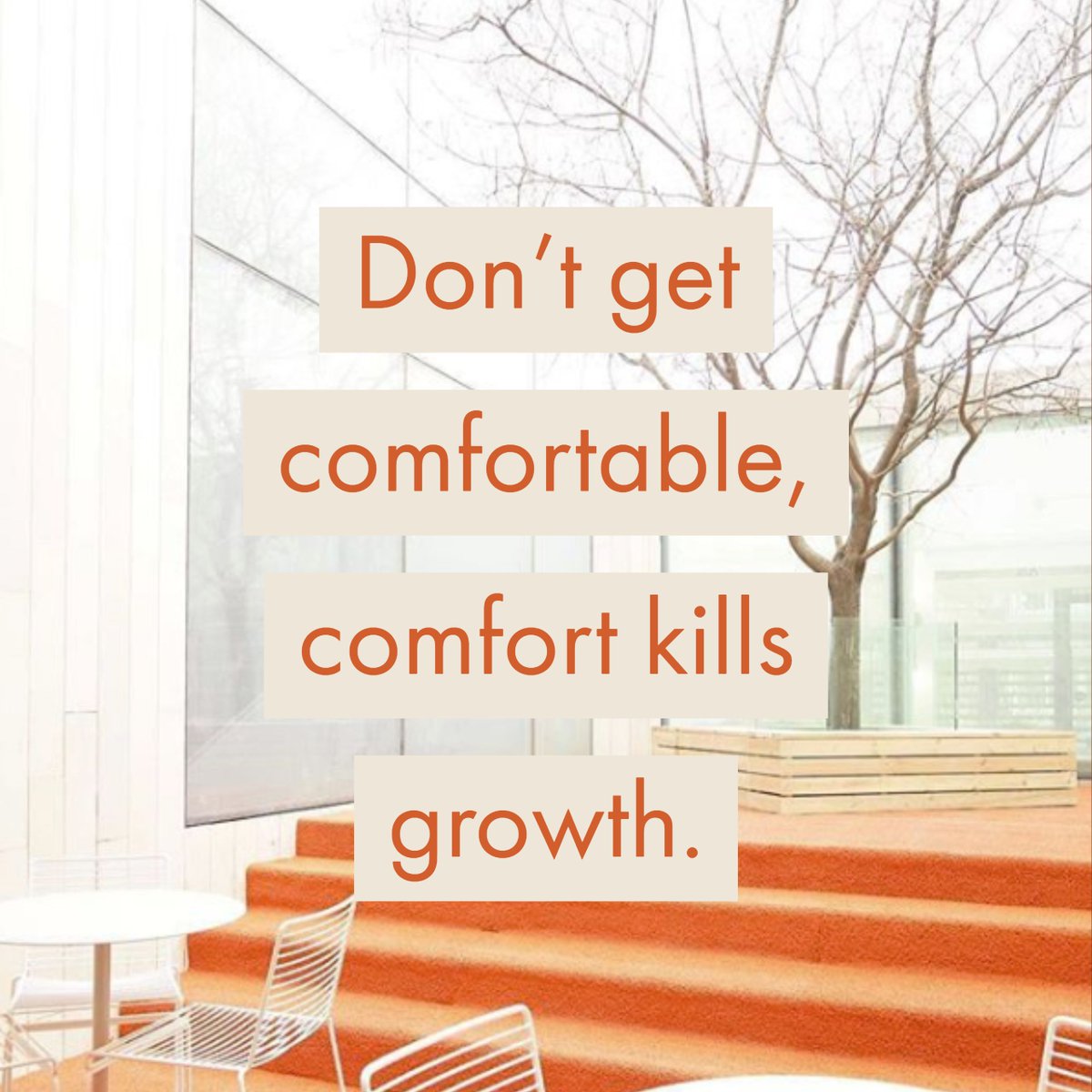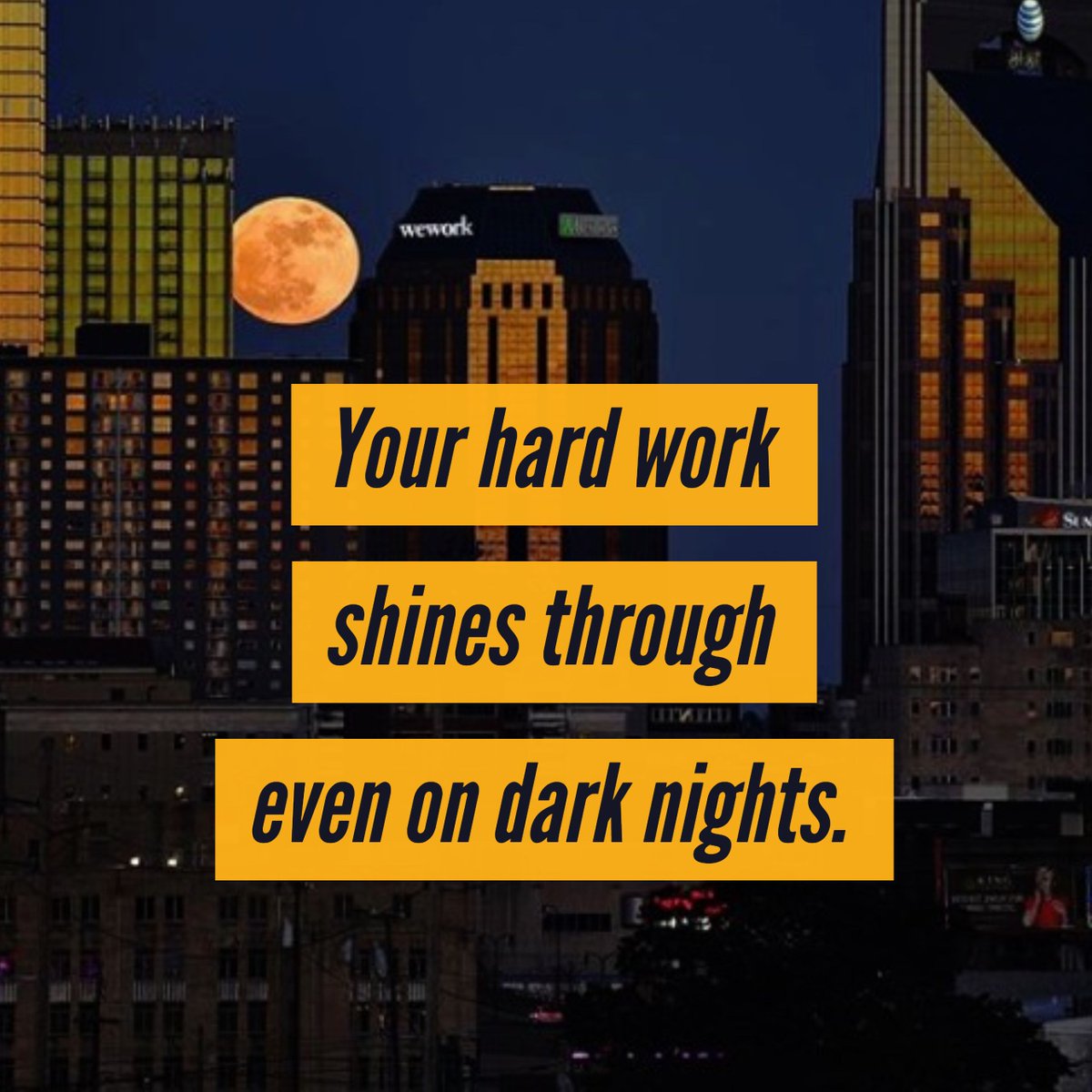The future of work likely won’t include the much dreamed of flying cars – not to mention hoverboards. Back to the Future Part II’s Oct. 26, 2015, has come and gone. Yet, Winnie Sun, Amanda Slavin and David Fano still see hope for those headed off to jobs.
They talked about what to expect in the near and long-term from employer and employee perspectives.
Slavin is CEO and founder of CatalystCreativ. She also is an engagement expert at The Seventh Level, writer, speaker, investor, and advisor. Fano toils in real estate, design, construction, sales, marketing and enterprise at WeWork. Sun is one of the financial industry’s most sought-after professionals.
An easy call is that business will rely more on automation and artificial intelligence, freeing the workforce to take on more creating and rewarding projects.
“Business is changing so quickly and mostly for the better,” Sun said. “There will be greater focus on things like work-life balance, corporate flexibility, increased transparency in the workplace and more.
“Traditional offices are no longer a necessity, thanks to tech advances and cool collaborative workspaces like WeWork,” she said. “You can work from wherever you are and wherever you want to be.”
Sun has a link where people can sign up for WeWork discounts.
“I would love to see workplaces move toward being more malleable,” Slavin said. “That will allow for rapid change and growth rather than the fairly regimented structures from the past. We are moving toward ‘self-organization’ and more personalized, entrepreneurial experiences.
“Work-life balance is turning into work-life integration,” she said. “We want it all to blend into each other because we can work ‘anywhere.’ That’s a positive and a negative. We need work that feels like a part of our lives, not separate from it.”
Whatever work’s direction, people must be the main concern.
“Focus on talent,” Fano said. “Companies that deliver an exceptional employee experience will be the ones that make it.
“I define employee experience as the intersection of culture, environment, engagement, and technology,” he said. “Employee experience is about a lot more than compensation and perks. It involves caring for their professional and personal growth.”
Culture and collaboration will play big roles in business plans.
“People need people,” Sun said. “When building a business of any size, you need to be surrounded by smart people who understand your challenges. The nice thing about having a team is that you have people to bounce ideas off.
“I’m a big believer in collaboration in the workplace or your work environment,” she said. “We naturally become more satisfied and excited about our work when we feel a sense of belonging and appreciation. That how I try to treat my employees.”
Alignment must be front and center for collaboration to work.

“Companies exist for collectives to deliver on intent,” Fano said. “Getting collectives to align on an intent is a challenge. If you have the right culture, people will collaborate to achieve the shared intent.
“Culture and collaboration are paramount to us achieving our success,” he said.
Technological advances dare not override emotions.
“A business without culture and collaboration is not sustainable,” Slavin said. “We must remember that businesses are comprised of human beings who crave emotional connection, meaning, and purpose. Culture and collaboration are two necessary ingredients to build a business.
“Culture and collaboration are a huge part of our framework at The Seventh Level,” She said. “We focus on educating others on the importance of these values as the highest levels of engagement for customers — internally and externally.”
The search for collaboration never ends.
“You need to know what type of person or advisor you need at any stage of your business,” Sun said. “Ask people who have more knowledge in that space. It’s a lot about having awareness of your needs. I listen carefully when I meet someone to see if there is synergy between us.
“When I travel for work and media appearances, I like to book WeWork meeting spaces,” she said. “The Wi-Fi is incredible. The spaces are beautiful. I always end up meeting someone new and interesting.”
Fano emphasizes alignment here as well.
“We tie that to the outcomes that will most benefit our members, customers, and clients,” he said. “Then we explore opportunities.”
Reaching out to collaborators can be done near or far.
“Collaboration has been key to building CatalystCreativ,” Slavin said. “For two and a half years we held ‘networking’ events twice a month with thought leaders from all over the world. These experiences not only led to collaboration but community.
“For the first few years after starting my career, I offered so much of my time and energy to others, and helped many people along the way for free,” she said. “This helped identify people I was compatible with for collaboration.”
Each of the entrepreneurs considered how taking their business to the next level would look.
“When I think about that, I have to figure out what our clients need and would benefit from,” Sun said. “It’s figuring out a solution that would make their lives better.
“Almost everything we do in the office takes our time and money,” she that. “That’s just part of running a business. The same goes for most things in life that we really want.”
Fano also sets his corporate sights high.

“We’re committed to enabling companies to deliver a consistent and amazing employee experience,” he said. “That will happen through their employees coming to WeWork and WeWork going to their buildings. We call that Powered by We.
“We are becoming incredibly focused on our go-to-market strategy for rolling out these products and offerings,” Fano said. “One example is having software and analytics leader Teem join our company.”
Financial considerations are not the most important growth factors.
“While usually most people think that money is what is needed to grow a business, time is the most undervalued resource we have,” Slavin said. “I need more focused, intentional time to dedicate to the most sustainable next steps for growth.”
Tomorrow’s desktops also will look different from those of today.
“I would like our future office space to be bigger and take bolder design risks,” Sun said. “I see these beautiful WeWork images, and I wish they would send their designers to my house.”
The answer lies in the mesh of atmosphere and workers.
“The workplace of tomorrow is going to be about having the right environment, with the right people, for the right kind of work, at the right time,” Fano said. “At WeWork, we aspire to deliver many dimensions that can be measured to ensure employee success.”
Slavin believes the future of work has already arrived.
“My desk is where I am sitting that day,” she said. “It can be at WeWork all over the world, or it can be on an airplane. We developed a blog to help people work remotely because CatalystCreativ is a remote workforce to find productive workspaces.”
The business owners also use social media to optimize future growth.
“The first step to business is to be the absolute best you can be in your industry,” Sun said. “Once you’ve proven to run a strong business, it’s time to beef up your social media and marketing activity. Get disciplined in building out your brand.”
Slavin’s online attraction is what most people think of as a job-seeker’s site.
“I absolutely love LinkedIn,” she said. “It leads to in-person connections sooner than any other platform. It is a guide in the process of building relationships and has kept true to providing value over ads.
“I see social media as a way to be more authentic and share my voice without getting too distracted,” Slavin said. “It is important to allocate your time properly so the time you spend on social media is not wasted.”
The ideal customer might look the same five years from now, depending on a company’s structure and vision.
“Our ideal clients have a similar value system, work ethic and passion to improve their financial lives as much as we do,” Sun said. “Most importantly, they need to be nice people.”
Customers also should be acquainted with the business that serves them.
“My ideal client understands the value CatalystCreativ adds,” Slavin said. “That person trusts and respects our expertise, actively listens to us as partners and is willing to grow with intention.
“That is The Seventh Level literate thinking: When your personal values and beliefs align, it is the highest level of engagement,” she said. “Higher engagement leads to higher achievement, so you are right on the ‘money.’”
Expectations apply internally as well.
“We are getting ready by applying our expertise to ourselves,” Slavin said. “I always say when you’re standing on the sun, you are blind. It is important that we get out of our own way and ensure we do the work first before asking others to do it.”
Fano also looks inward first.
“Focusing on employee experience is our top priority,” he said. “We are building products and offerings to accommodate companies of all shapes and sizes. From the smallest to the largest, we’re excited to help people make a life, not just a living.”
Assorted apps, software and technology save entrepreneurs time and money.
“My favorite business software is by Intuit, and that’s QuickBooks,” Sun said. “I appreciate how much time it’s saved me from preparing our corporate balance sheets. It’s such a smart, easy-to-use program.
“I really enjoy using my iPhone to do business all over town,” she said. “Many times, that translates to social media. Tools like Buffer and TweetDeck really help speed up the process, and I’m all about efficiency.”
Fano prefers to use Slack, Tableau Software, Microsoft and Google.
“As a remote organization, we use a lot of apps and software such as Google Drive, Slack, Zoom, Asana, QuickBooks, and HubSpot,” Slavin said.
Business success does not just happen. Most often it’s the outcome of good habits.
“Being an entrepreneur means you don’t get much downtime,” Sun said. “To be successful long-term, you need to adopt systems that allow you to take action automatically.
“I learn a lot of great information from places like media online articles and people I meet or interview,” she said. “I have learned to master credit cards, and it feels very empowering. Now I have a strategy to collect travel points, and that’s exciting.”

Fano has a software fixation for the betterment of all.
“I’m trying to learn how to code,” he said. “There’s always room to learn and grow. Expanding my own personal knowledge allows me to better support my teams.”
Reading and podcasts have been Slavin’s salvation.
“I learn a ton through reading,” she said. “I love reading Ad Age, The New York Times and Inc., but again, most of my content is introduced to me through LinkedIn. The book I am in the middle of now is “The Origin of Wealth: The Radical Remaking of Economics and What it Means for Business and Society,” which I highly recommend.
“One of my favorite things I learned on an Apple Podcasts interview was — rather than saying, ‘Does this make sense?’, which makes the person you are talking to feel inferior — put the ownership on yourself,” Slavin said. “Say, ‘Did I explain this clearly?’”
She added that she learns “more about the world, human behavior and myself through NPR and their podcast, Invisibilia. It is my all-time favorite podcast. I also happen to be on the NPR GenerationListen board.”
Occasionally, amazing ideas pop up that inspire entrepreneurs.
“I came up with an idea while interviewing someone for my new show,” Sun said. “I’m a big fan of jotting the idea before I forget about it. If I naturally can’t get it out of my mind, it’s time to spend time to try something new.”
Fano noted that daily interaction with customers yields “amazing ideas on how we can be better as a company.”
Reading “Building a StoryBrand: Clarify Your Message So Customers Will Listen” inspired Slavin “to re-evaluate my business and how I communicate expertise.”
Ultimately, surrounding yourself with successful people can help entrepreneurs become more successful.
“Bring the right people into an organization, mentor them and let them lead,” Sun said. “Any successes where we all win is hundreds of times better than when you’re on an island working.”
Achievements also depend on how they are defined.
“Success is a tricky word,” Fano said. “It’s important to be surrounded by a variety of people with different skill sets, different levels, and different experiences. Then you can have a more well-rounded approach to business.”
Slavin suggested that influence flows both ways.
“You are the average of the five people you spend the most time with,” she said. “It is of utmost importance that you surround yourself with ‘successful’ people. I mean emotional, mental success more than even financial.”

